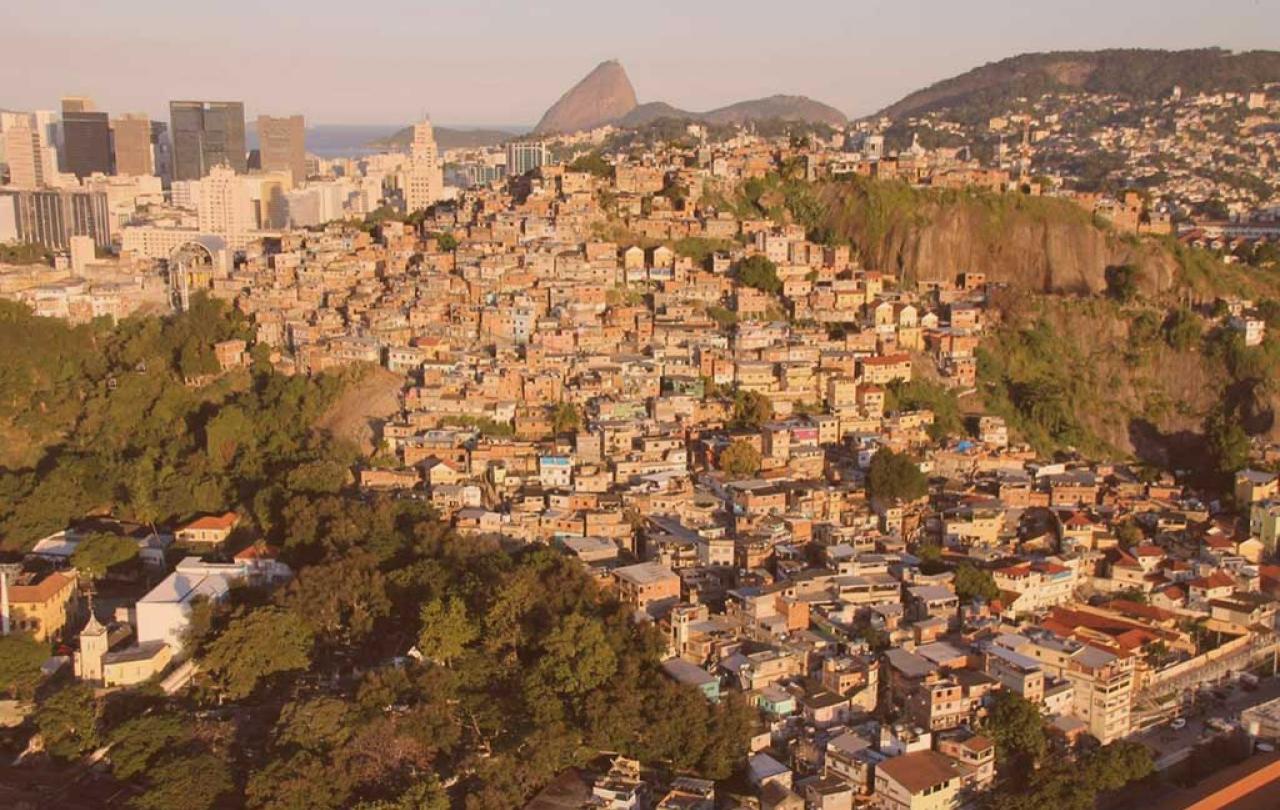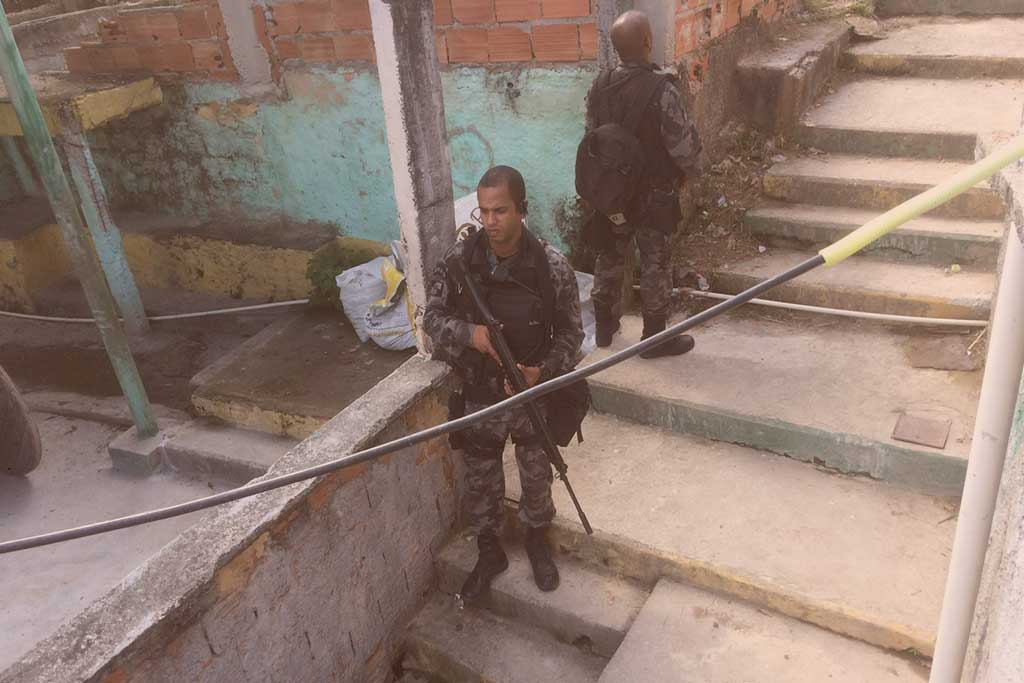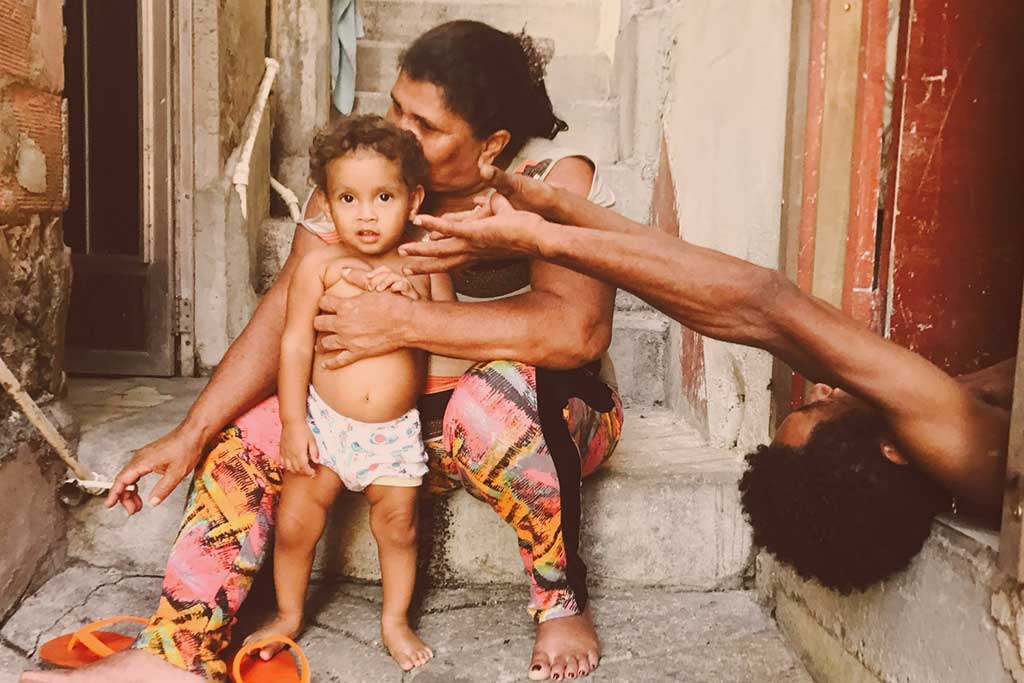
No refugee alone – that’s the vision, that’s the hope, that’s the end game.
That is what is fuelling Welcome Churches, a charity that is encouraging, equipping and resourcing local churches to support refugees up and down the country. In the past twelve months alone, over one thousand churches have partnered with Welcome Churches to help ensure that their corner of the UK is a home fit for the people who are seeking sanctuary within it.
As a result, nearly eighteen thousand people have been welcomed into and supported by local churches in the past year.
One of those people is Azer.
Azer came to the UK in 2022, along with his wife, to study in Birmingham. The plan was to stay in the UK for two years, complete his studies, and then return home to Iran with the qualifications he needed to obtain a promotion in tow. However, just two months into his time at the University, Azer found that his bank account had been frozen, and he was unable to pay his fees, and therefore attend his classes. After assuming that this was down to some kind of technical fault, or perhaps a legal complication, Azer was horrified to learn that it was the Iranian authorities who had intentionally cut him off from his finances. Not only that, but they had also raided and seized his home in Iran, as well as raiding the home of his wife’s family.
He and his wife had been targeted.
Azer and his wife are Christians, which is a dangerous thing to be in Iran. Christian gatherings are prohibited, and any rumours of secret Christian activity is heavily monitored. In fact, practising Christianity can lead to imprisonment for ‘crimes against national security’. The pressure that Christians are under in Iran has led Open Doors to rank it as the eighth most dangerous country to be a Christian in the world.
Azer describes it this way,
Being a Christian in Iran and participating in the communities will have consequences, such as prosecution or execution. Converting from Islam to Christianity will have a price and your life is entitled to be taken by Islamic government agents. That's why house churches are held secretly. Absolutely, you fear. That's why everything is done in confidentiality regarding the worship services, and Bible readings.
As Helen, an Engagement Officer for Welcome Churches, says, ‘for some people it (Christianity) is literally life threatening, the persecuted church is a real thing’.
Despite the immense risks, Azer’s wife covertly practiced her Christianity while living in Iran, keeping Christian literature in her home. Something which, it seems, did not go unnoticed. As a result, returning to Iran is no longer a safe option for Azer, nor his wife. When asked how it felt to learn that his own government had targeted him and his family in this way, and to realise that his home could therefore no longer be his home, Azer described it this way,
We felt like all the organs of our body dismembered, and on the other hand, like something inside you has been lost which was your identity obtained during past years by your efforts. A mixture of helplessness, frustration, being thrown into the void, and implosion inside. Dealing with losing all your possessions and all your plans is very hard. Like somebody who survived after an earthquake and lost his family and home. On the other hand, feeling your life is in danger is harder to tolerate. We feel at any moment you can be killed by the agents. These threats last for a long time which is more difficult to cope with.
Because of the profound dangers that Azer and his wife face, they have applied for asylum here in the UK. Azer speaks powerfully of how being a refugee feels,
Even though being an asylum seeker carries legal status all over the world, you immediately have no social status and must navigate this extreme loss of identity in an unknown territory. Sometimes I cannot talk, think, or even concentrate and my wife and I often feel lonely and homesick for our parents and siblings.
The UN Refugee Agency reports that in November 2022 (the most recent statistics), there were 231,597 refugees, 127,421 pending asylum cases, and 5,483 stateless persons in the UK. Each with their own stories, their own fears, their own hopes. Each one having to juggle copious unknowns on a daily basis, navigating risks that many of us cannot fathom. The depth of emotion in Azer’s words as he speaks of his experience, it is hard to comprehend such trauma multiplied by such huge numbers. Yet, that is the reality that many local churches are coming face to face with, supported by Welcome Churches.
Believing that refugees are people to be supported, not problems to be solved, churches have been providing for their new neighbours in numerous ways: providing toys, clothes, food, warm spaces, games nights, social hubs and so much more. They have taken the biblical mandates to ‘welcome strangers’ and ‘love their neighbours’ incredibly literally, showing hospitality to people of all faiths, and none.
Of course, there is a political component to this that cannot be ignored, and one of Welcome Church’s core values is institutional justice for refugees and asylum seekers, believing that the Church/Christians should be at the forefront of ensuring that the Home Office is in a position to hear every case presented to it and respond with compassion. As Helen says,
It’s not for us to decide the validity of their claim. But neither is it for us to deny the validity of their humanity.
This Refugee Week is an opportunity to move beyond headlines, statistics and culture wars and ensure that people are seen, and stories are heard. It therefore seems only right that Azer gets the final word,
We ask Humbly that the UK (government) put themselves in our place, and then judge and treat us. In the meantime, we are thankful for all the love and compassion we have received from most of the British people. We pray to God to help and give us the power to reciprocate for this nation in the future.








